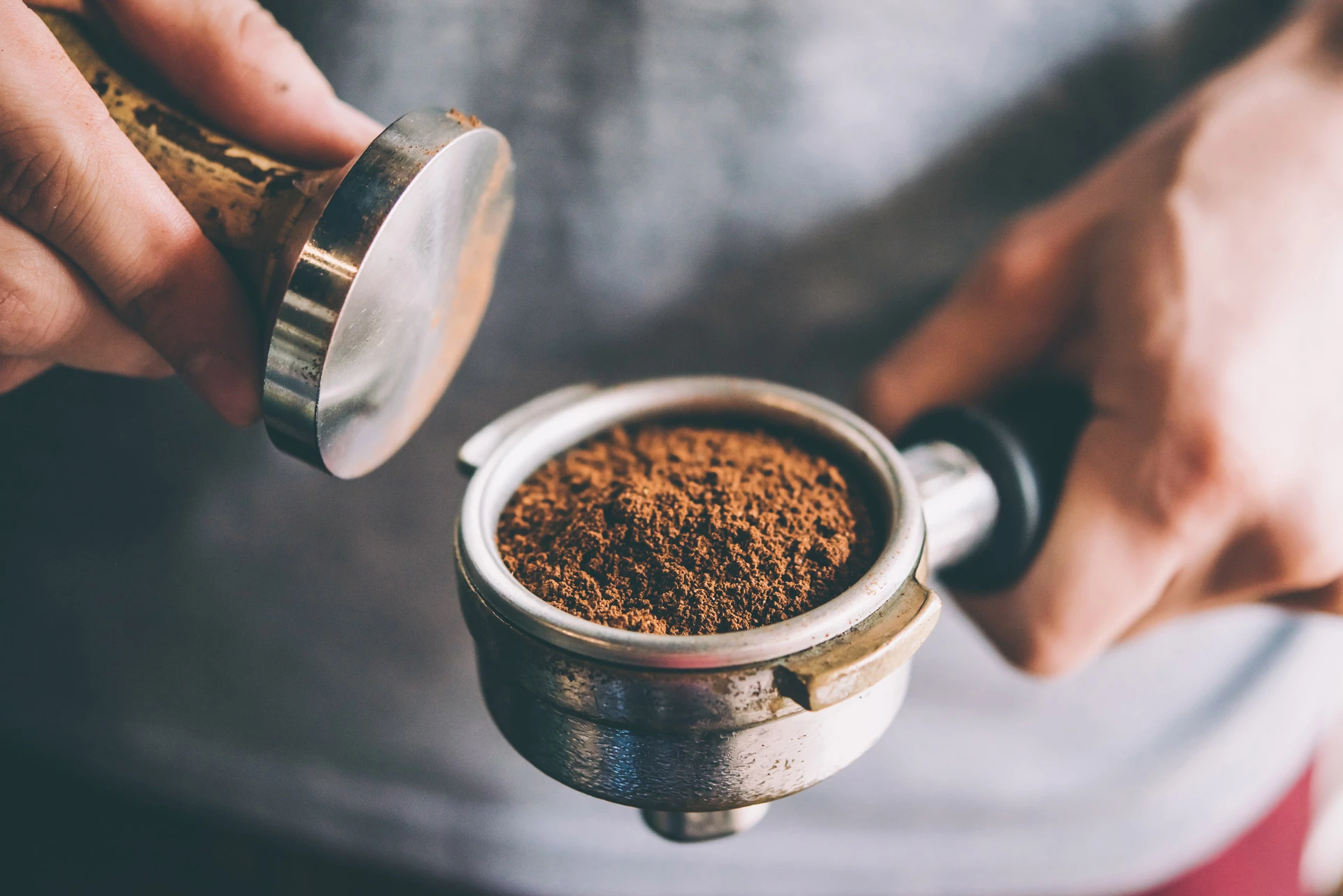
We do not know the official date when coffee appeared as a drink, but the story goes that around the middle of the 14th century the Yemenite government recognised the qualities of this special drink, approving its consumption on the national territory. Very soon coffee spread around the Islamic world, and it was actually the Muslim religion that affirmed the fact that the drink stimulated intelligence.
The dark drink reached Constantinople in 1517, after Selim I conquered Egypt. Later its consumption became a habit in the Turkish empire. Very soon the first ‘cafés’ dedicated to drinking and selling coffee were opened. The cafés became places to meet, both in one’s free time and for political debate.
 In 1615 coffee arrived in Europe, thanks to merchants who traded cloth and spices between continents. Very soon artists, scholars and doctors became interested in the drink that had unique properties. Soon writings, paintings and studies spread that all took their inspiration from coffee.
In 1615 coffee arrived in Europe, thanks to merchants who traded cloth and spices between continents. Very soon artists, scholars and doctors became interested in the drink that had unique properties. Soon writings, paintings and studies spread that all took their inspiration from coffee.
Venice was the first city in Italy to experience the oriental fascination of coffee, followed by Naples. Very soon coffee spread all over the peninsula, from the north to the deep south.
It soon became a habit to offer coffee in special circumstances as a sign of hospitality, friendship and love, so much so that gentlemen used to give their beloved a cup to conquer their heart.
The spread of coffee in the national territory met some obstacles only from the church. Some priests in fact had classified the drink as demonic, and for this reason they asked Pope Clement VIII to forbid its use.
As we know, the priests did not achieve their goal: when the Pope tasted coffee for the first time, he was so impressed that he declared it suitable for every Christian.
In Italy the ‘cafés’ soon became popular: exclusive places, meeting places of the élite in the 17th and 18th centuries. Philosophers, writers, musicians, painters and politicians all met in the coffee shops to discuss their ideals and exchange opinions in front of a cup of steaming coffee; without knowing it they were creating a new dominating culture: the culture of coffee. A culture that dominates our peninsula even today, making the Italian espresso a point of excellence to export all over the world.